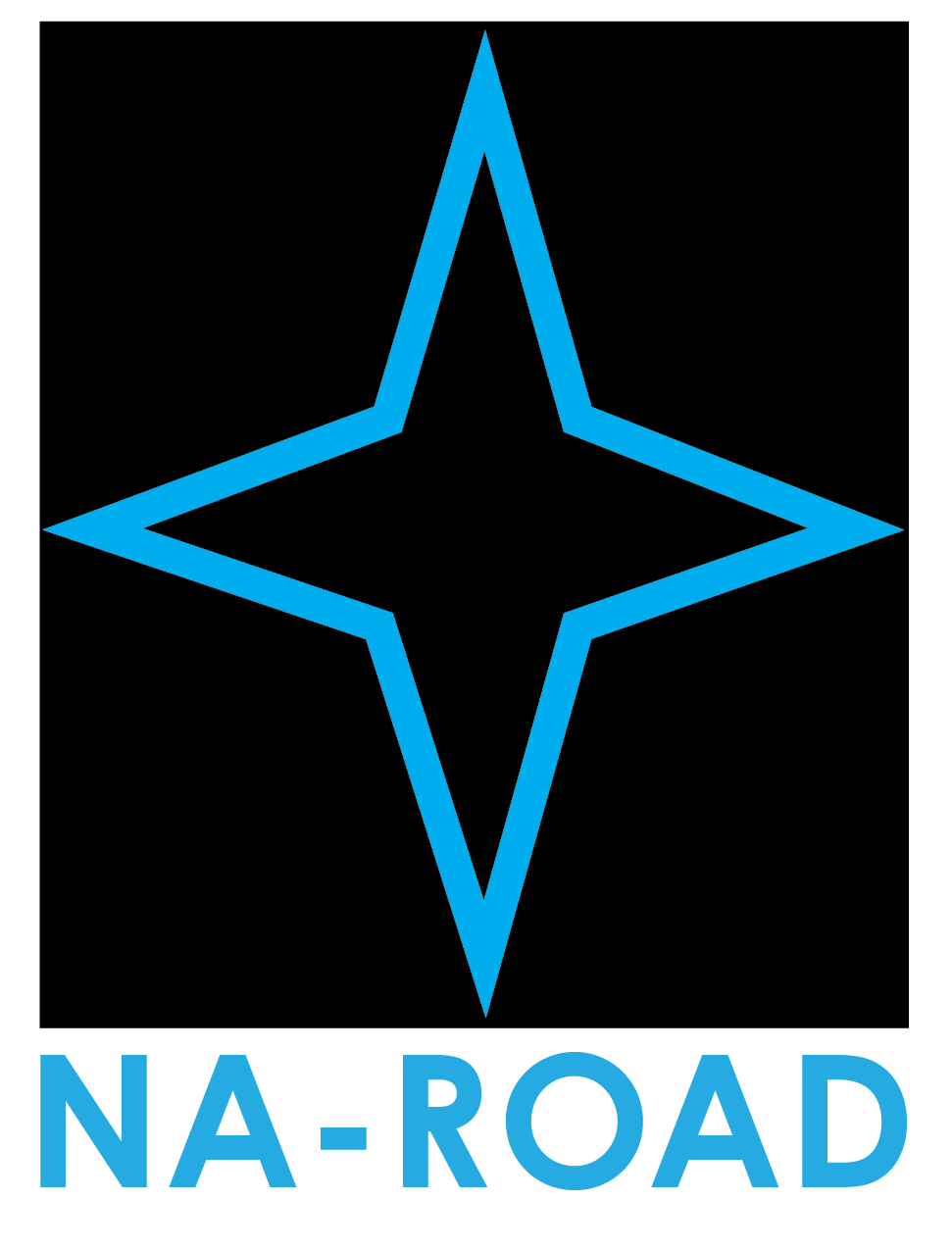The mission of the OAD and the North American ROAD is to help further the use of astronomy, including its practitioners, skills and infrastructures, as a tool for development by mobilizing the human and financial resources necessary in order to realize the field’s scientific, technological and cultural benefits to society.
The International Astronomical Union (IAU) North American Regional Office of Astronomy for Development (NA-ROAD) is a collaboration of:
Adler Planetarium
The Adler Planetarium connects people, communities, and institutions to one another through the wonder of frontier space science so we can explore our Universe together and use our collective knowledge and skills to create a better world for everyone.
Associated Universities, Inc. (AUI)
AUI is a non-profit research management organization established in 1946, dedicated to planning, building, and operating large national and international scientific facilities, to cultivating scientific and operational excellence, delivering value, enhancing education, and engaging the public.
Association of Universities for Research in Astronomy (AURA)
AURA is a consortium of 49 US institutions and 3 international affiliates that operates world-class astronomical observatories for the National Science Foundation and NASA. AURA’s role is to establish, nurture, and promote public observatories and facilities that advance innovative astronomical research.
and the IAU Office of Astronomy for Development (OAD)
UN Sustainable Development Goals

Darkened boxes are the UN Sustainable Development Goals impacted by the OAD Credit: NA-ROAD
The OAD‘s vision is “Astronomy for a better world” with the 17 United Nations Sustainable Development Goals as broad objectives for global development. The NA-ROAD values these Development Goals, and we will use them to guide NA-ROAD programs and activities. The Goals are outlined here (https://sdgs.un.org/goals).
NA-ROAD Values
The NA-ROAD will work to ensure that our values are reflected in the work we engage in, and the culture we create. Through a review of each proposed activity, the Office will ask a key question, “How are our values reflected in the proposed activity?” Further, throughout planning and implementation, projects will be assessed for alignment to the NA-ROAD values. It is important to note that not all individual projects will reflect all values all the time, but rather we will ensure our collective portfolio of NA-ROAD activities has strong alignment with our stated values.
Diversity, Equity and Inclusion
In addition, the NA-ROAD values diversity, equity and inclusion. For the purposes of this strategic planning, we adopt the following definitions from Tuskegee University Cooperative Extension (https://dei.extension.org/):
- Diversity is the presence of differences that may include race, gender, religion, sexual orientation, ethnicity, nationality, socioeconomic status, language, (dis)ability, age, religious commitment, or political perspective. Populations that have been-and remain- underrepresented among practitioners in the field and marginalized in the broader society.
- Equity is promoting justice, impartiality and fairness within the procedures, processes, and distribution of resources by institutions or systems. Tackling equity issues requires an understanding of the root causes of outcome disparities within our society.
- Inclusion is an outcome to ensure those that are diverse actually feel and/or are welcomed. Inclusion outcomes are met when you, your institution, and your program are truly inviting to all. To the degree to which diverse individuals are able to participate fully in the decision-making processes and development opportunities within an organization or group.
Indigenous Culture
The NA-ROAD recognizes the history of the land and seas that make up North America, and understands that all territories served by this office are Indigenous in their origins. We value, and through our activities, will work to honor the historic and current Indigenous peoples, cultures, and the Indigenous land/sea across North America and the globe.
Accessibility
The NA-ROAD understands the importance of being inclusive. We understand that individuals and various groups of people have different needs and we will strive to make the necessary accommodations for their participation. Addressing accessibility for these individuals and groups, whether it be due to physical, economic, or language barriers, will not only increase the diversity of those who engage in our activities, but will also improve the quality and impact of the work we do.
Sustainability
Pollution and climate change are two of the biggest challenges facing humanity today with far-reaching consequences. Further, the negative impact from pollution and climate change are not felt equally across all populations, with the poorest among us often impacted the most. Across NA-ROAD initiatives we value environmentally sustainable practices and seek to incorporate them into projects supported by the NA-ROAD. In addition, economic sustainability is critical. Economic sustainability, as accepted by the NA-ROAD, refers to practices that support long-term economic growth without negatively impacting social, environmental, and cultural aspects of the community. NA-ROAD will focus on developing projects that lead to long-term impact while incorporating both environmental and economic sustainability.

